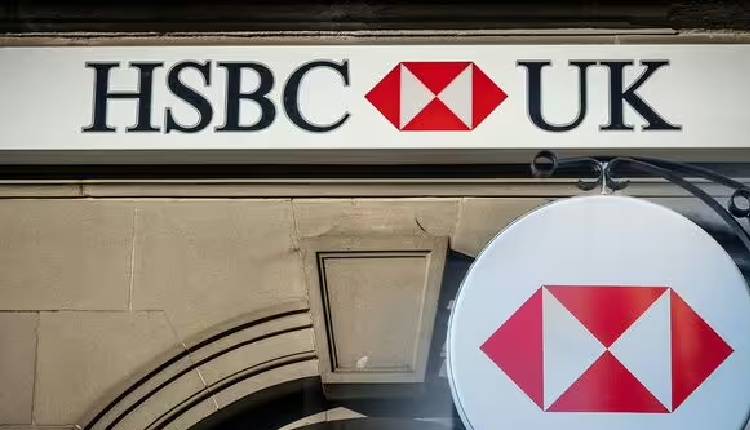The Bank of England (BoE) announced on Tuesday that Britain’s top eight banks, including HSBC, Barclays, Lloyds, and NatWest, can be wound down in a crisis without immediate taxpayer support.
This follows the BoE’s second ‘resolvability’ assessment, aimed at ensuring major banks can fail without destabilising the financial system or relying on public funds, a lesson learnt from the 2007–09 financial crisis.
The BoE’s evaluation of banks, which also covered Santander UK, Standard Chartered, Virgin Money UK, and Nationwide, identified some “shortcomings” and areas for “further enhancement” but found none significant enough to impede the resolution process during a crisis.
The assessment confirms that if a major UK bank failed today, it could be resolved safely, continuing to provide essential banking services while prioritising shareholders and investors over public funds.
New global “resolution” rules have been implemented to ensure that banks have credible plans for handling potential collapses, such as transferring deposits to another lender and maintaining payment continuity.
However, these rules faced scrutiny last year when Switzerland orchestrated UBS’s takeover of Credit Suisse with a 100 billion Swiss franc ($117.7 billion) central bank loan instead of closing the bank. Additionally, the BoE had to intervene to resolve the UK subsidiary of Silicon Valley Bank after the collapse of its US parent bank.
The BoE emphasised the importance of international authorities’ commitment to maintaining credible resolution frameworks and plans for globally systemic banks.
“Resolvability will never be ‘done,’ and there will always be lessons to learn from putting the regime into practice,” stated BoE Deputy Governor Dave Ramsden. The BoE acknowledged significant progress since the first assessment and announced it would delay the next check by a year to 2026–27.
Attribution: Reuters


